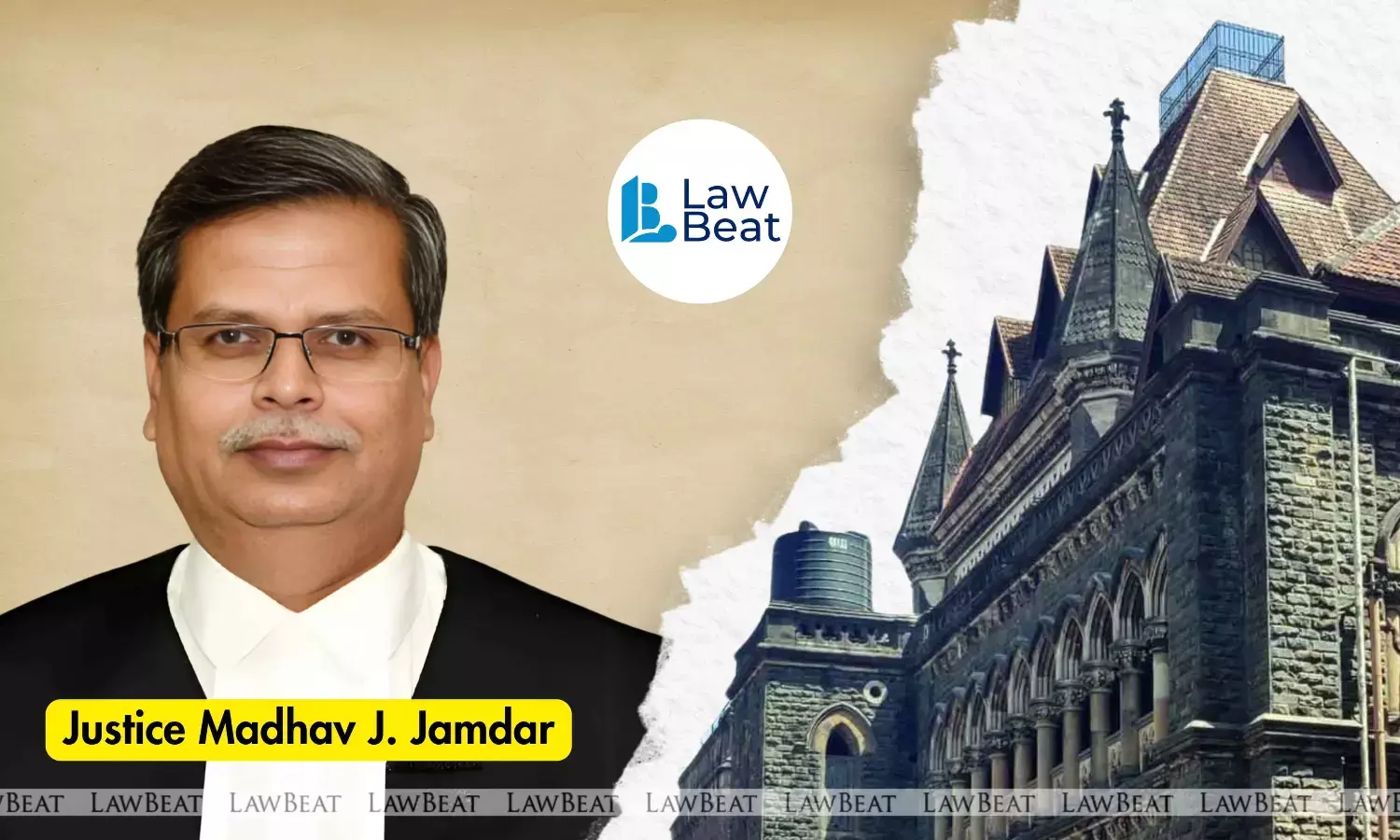Late Sittings and Weekend Hearings Led to Delay in Upload: Bombay HC Judge

A Bombay High Court judge has recently stated that his prolonged work hours and excessive workload were the reasons for the delay in uploading a judgment on the court's website, which had been pronounced in open court in December last year.
Notably, the judgment was pronounced in open court in December last year; however, it was uploaded on the court's website only on May 30, 2025.
Justice Madhav J Jamdar in its order said, "As I am conducting the Court at least for 2 - 2 & ½ hours almost every day after regular Court hours, leaving the Chamber after correcting/signing daily orders after 10:30 pm-11:30 pm on almost all the Court working days and reading the case papers at my residence up to 02:00 am, reading the case papers in the morning at least for one hour and also attending the Chamber on almost all Saturdays/Sundays/Holidays for completing pending work, uploading of this order is delayed."
The judge was dealing with a case arising from an agreement for sale executed on April 26, 1973, between Hemchandra Rajaram Bhonsale (Plaintiff/Decree Holder) and Rajaram Bajirao Pokale (Defendant/Judgment Debtor). Bhonsale had filed a suit seeking specific performance of the said agreement.
However, during the pendency of this suit, Pokale sold portions of the land to a third party. Bhonsale then filed an application under Order XXI Rule 97 of the Code of Civil Procedure, 1908, seeking the removal of the obstructionists (appellants). The Executing Court allowed the application and issued possession warrants, rejecting the objections raised by the obstructionists.
The appellants in the instant case had challenged the execution order before the High Court, contending that they were not parties to the original suit and were subsequent purchasers, so the decree was not executable against them.
High Court, however, held that once the Executing Court determines that the transfer was pendente lite, all consequences are hit by Section 52 of the Transfer of Property Act (doctrine of lis pendens).
Emphasising that the doctrine of lis pendens is a principle of public policy, the Court said that it is intended to prevent parties from frustrating the outcome of pending litigation by transferring the property in dispute.
Accordingly, the Court dismissed the appeals.
Case Title: Alka Shrirang Chavan & Anr. vs. Hemchandra Rajaram Bhonsale & Ors
